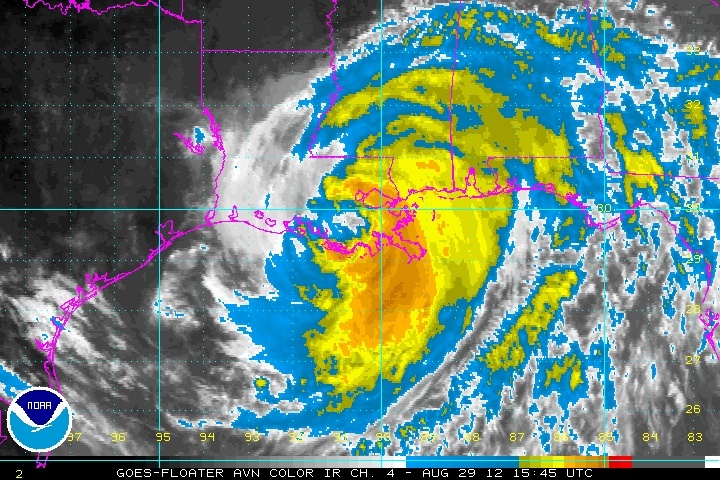Gulf residents warned to be on alert for BP oil in Isaac's wake

Residents of Gulf states are being warned to stay on alert for the presence of BP oil in the wake of Hurricane Isaac and to report sightings of any oil pollution that washes ashore.
Large quantities of crude oil from BP's 2010 Deepwater Horizon disaster remain below the northern Gulf of Mexico, which is being churned by the storm. As a result, substantial quantities of oil pollution are expected to wash ashore in the form of tar balls, mats and strings from the marshes of Louisiana east to the Florida Panhandle.
"The BP Crude Oil contains residual levels of toxic Polynuclear Aromatic Hydrocarbons," according to a release from the Louisiana Environmental Action Network. "Pathways of exposure to humans consist of absorption through skin contact, ingestion and inhalation of the toxic chemicals."
That's why LEAN is warning people against coming into contact with any crude that may wash ashore. In addition, fishermen are warned to be aware of the possibility of residual oil contaminating their seafood catches, nets, gear and traps.
The Gulf Coast Fund has launched an effort to inventory BP oil that washes ashore, as well as any other hydrocarbon contamination in Isaac's wake. Send reports about the location of the pollution and a description of the material to joshua@gulfcoastfund.org or by calling 504-522-2423. Photos are requested, if possible.
LEAN, a partner of the Fund, will be following up on the reports and documenting the situation.
Isaac made landfall in Louisiana at 6:45 p.m. Tuesday and is moving slowly inland. The storm is expected to pound the region with heavy rains, strong winds, flooding and possible tornadoes throughout today.
Water has overtopped a locally-maintained levee in Plaquemines Parish about 95 miles south of New Orleans. It's causing extensive flooding of that rural area, which is under a mandatory evacuation order. The levee is about 8 feet high, but the storm surge that hit it was 12 feet.
(Satellite image of Isaac from NOAA.)
Tags
Sue Sturgis
Sue is the former editorial director of Facing South and the Institute for Southern Studies.
